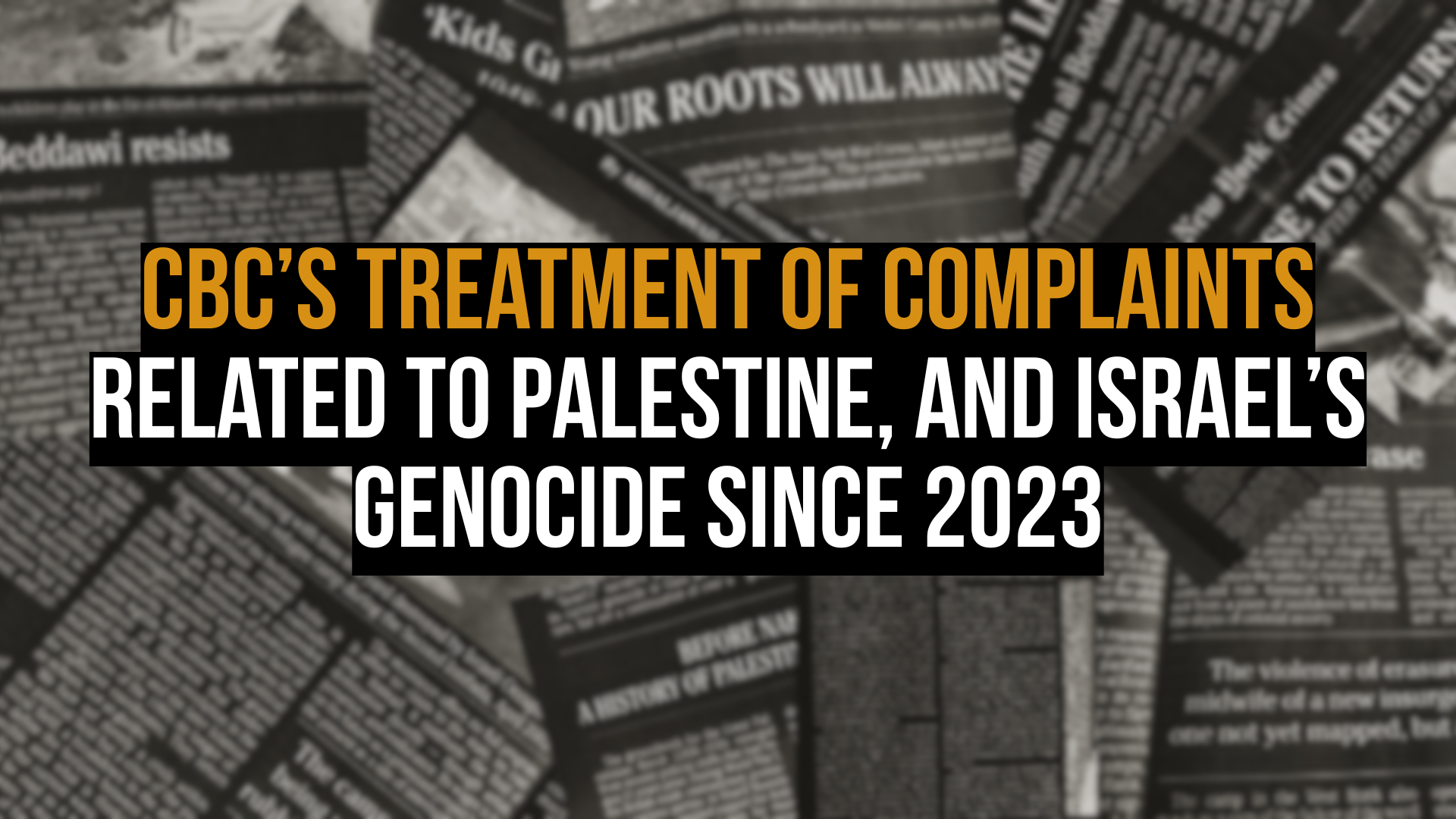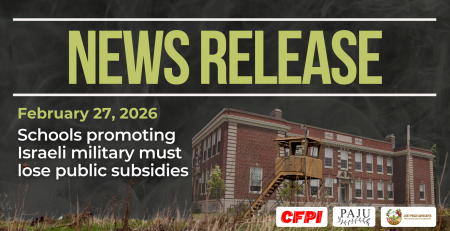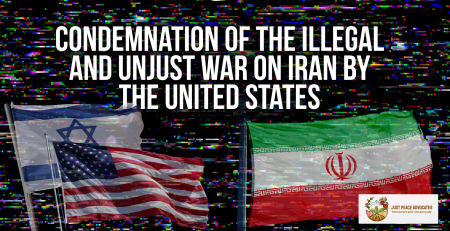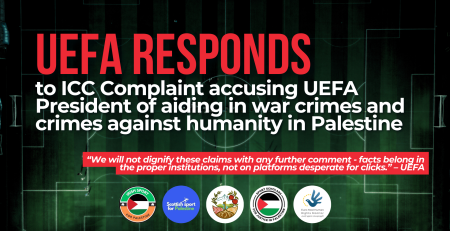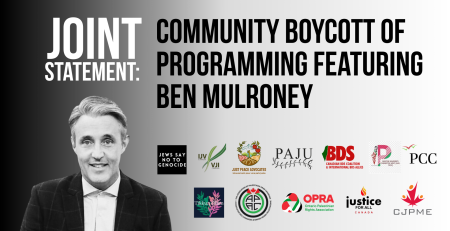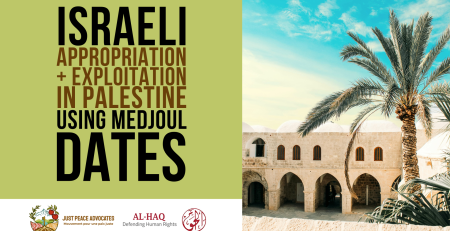A brief analysis of the following 16 complaints shows a pattern of pro-Israel bias and anti-Palestinian racism. While the CBC Ombudsman found that many of the publications that Zionists complained about followed journalist standards, none of the findings pushed back on the entrenched anti-Palestinian racism in CBC’s coverage. The CBC Ombudsman generally considered CBC to be providing fair and balanced coverage. For instance, in a complaint by legal academic and journalist Azeezah Kanji calling out CBC’s anti-Palestinian racism, the Ombudsman responded:
In recent months, I have received hundreds if not thousands of complaints from people who would second your assertion that CBC privileges the Israel perspective and undermines the views of Palestinians. But I have also received hundreds if not thousands more from people who want to know why pro-Palestinian views and claims are accepted without challenge, and Israeli officials are challenged and doubted at every turn.
I am not trying to turn your review into a broader thumbs up or thumbs down on CBC’s coverage of the Middle East. But I am saying that there are endless examples in that coverage of Israel being criticized, challenged or questioned.
How to make a complaint
The CBC Ombudsman considers complaints related to means news, current affairs and public affairs on radio, television, websites and other digital platforms. You have one year from the date of original publication to file a complaint to the Ombudsman.
To submit a complaint, simply email ombud@cbc.ca. In addition to the complaint itself, include the following information:
- First name
- Last name
- Province/Territory
- City
- Country
- Email address
- Platform (e.g. radio, TV, website, app or social media)
The Ombudsman does not handle anonymous complaints.You can learn more on CBC’s webpage.
An example of a previous complaint from countless individuals and organizations, including JPA
In October 2020, Just Peace Advocates submitted a complaint regarding CBC’s deletion of the word Palestine. Many others submitted complaints and more than 2,000 letters were sent to the Ombudsman. As part of the complaint we stated:
CBC/Radio-Canada is Canada’s national public broadcaster and one of the country’s largest cultural institutions. CBC/Radio-Canada’s mandate is to inform, enlighten and entertain; to contribute to the sharing of national consciousness and identity; to reflect Canada’s regional and cultural diversity; to provide local, national and international information and analysis from a Canadian perspective; and to contribute to the development of talent and culture in Canada.It would seem that this mandate is not reflected in regard to using the word Palestine on air.
We call on you to take steps to make our publicly funded institutions accountable, and in compliance with the Canadian Broadcasting law calls for “programming that reflects Canadian attitudes, opinions, ideas, and values.”
Joe Sacco when asked about this situation said:
It’s ironic that the CBC would apologize for the use of the word “Palestine” for a segment about my book, whose subject is at least partly the attempted obliteration of the cultural identity of indigenous people of the Northwest Territories, particularly through the notorious residential school system. Imagine today if the First Nations people I talked to, the Dene, would be made to apologize for using their word “Denendeh”, which means “The Land of the People,” for describing where they live. To whom, exactly, was the CBC apologizing for using the word “Palestine”? If anything, this storm over a proper noun brings into relief a similar way the adherents of colonial-settler projects seek to suppress native peoples and then laud their dominance. I’m sure none of this is lost on either Canada’s indigenous people or Canadian-Palestinians.
In response, the CBC Ombudsman said:
…the decision to excise the word Palestine from future editions, and the decision to make the apology, were both unwise. In fact, both decisions made the situation worse. Not only did these actions give Palestinians and their allies a reason to think that CBC was being disrespectful, the apology itself sounded flippant, and lacked the clarity to make it meaningful. Anyone not steeped in CBC’s language guide would be left guessing as to why this was ever an issue…
I should note that even as I criticize the choice of the programmers, I disagree with the rhetoric some have employed suggesting that this incident means that CBC has “censored” Palestine. That is simply untrue. In addition to the circumstances Mr. Hambleton outlined in which journalists can use the word Palestine, there have often been references to Palestine by people CBC has interviewed. They generally pass without incident.
If I can summarize this entire event in a concise way, I would say this: that while The Current did not violate journalistic standards, producers made a poor decision in issuing an apology. Even though the original program was at odds with CBC’s usual practice, it would have been better to leave it as is.
Take Action
If you observe anti-Palestinian racism or biased / inaccurate reporting by CBC, you can submit a complaint as outlined above. CBC must be held accountable, not simply as a journalistic organization, but as a governmental media institution.

